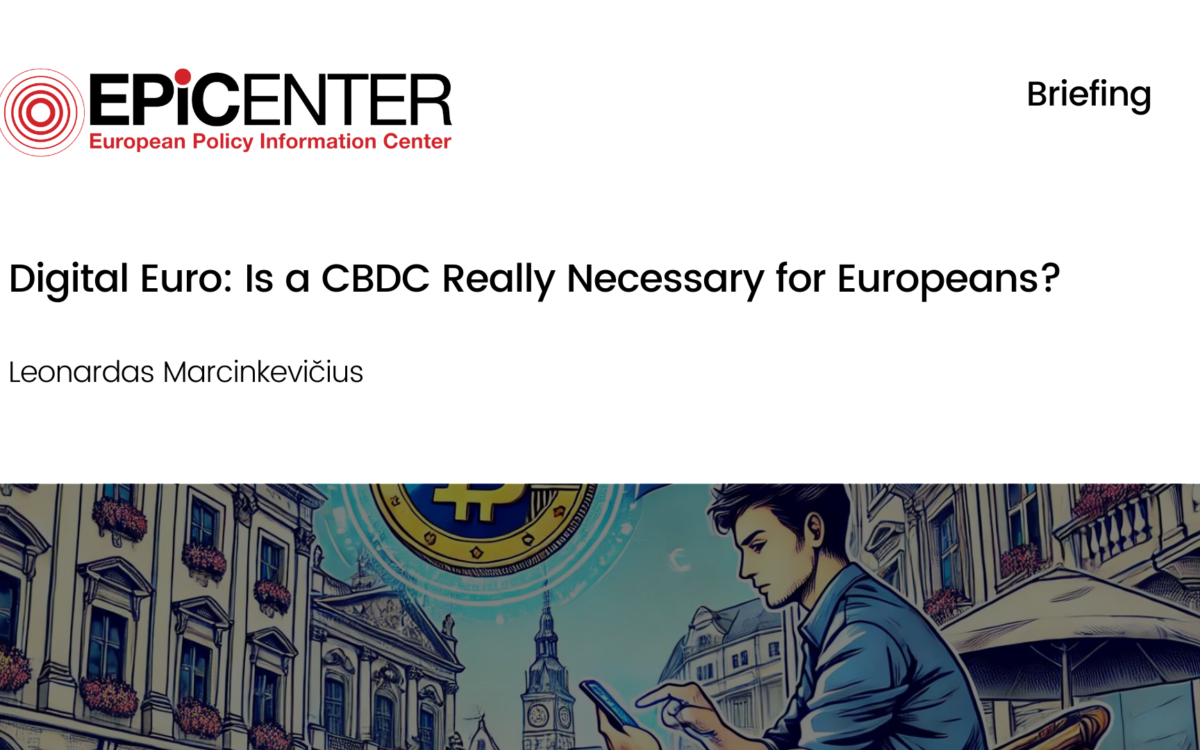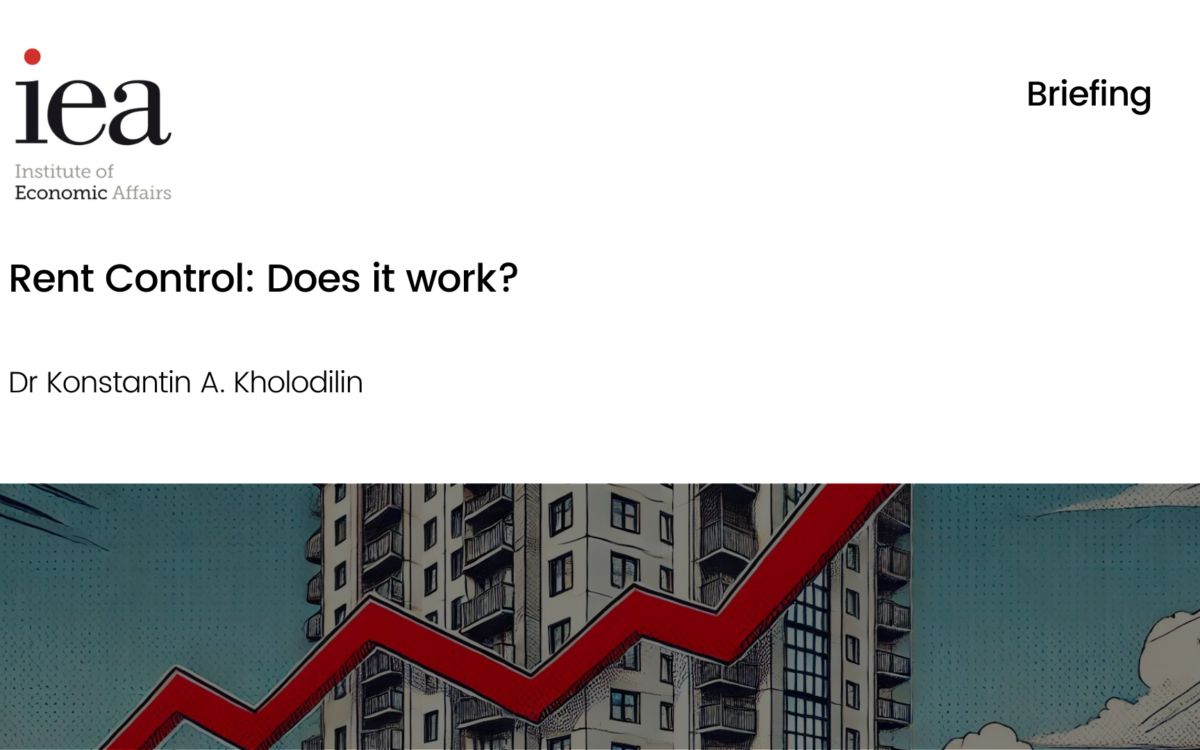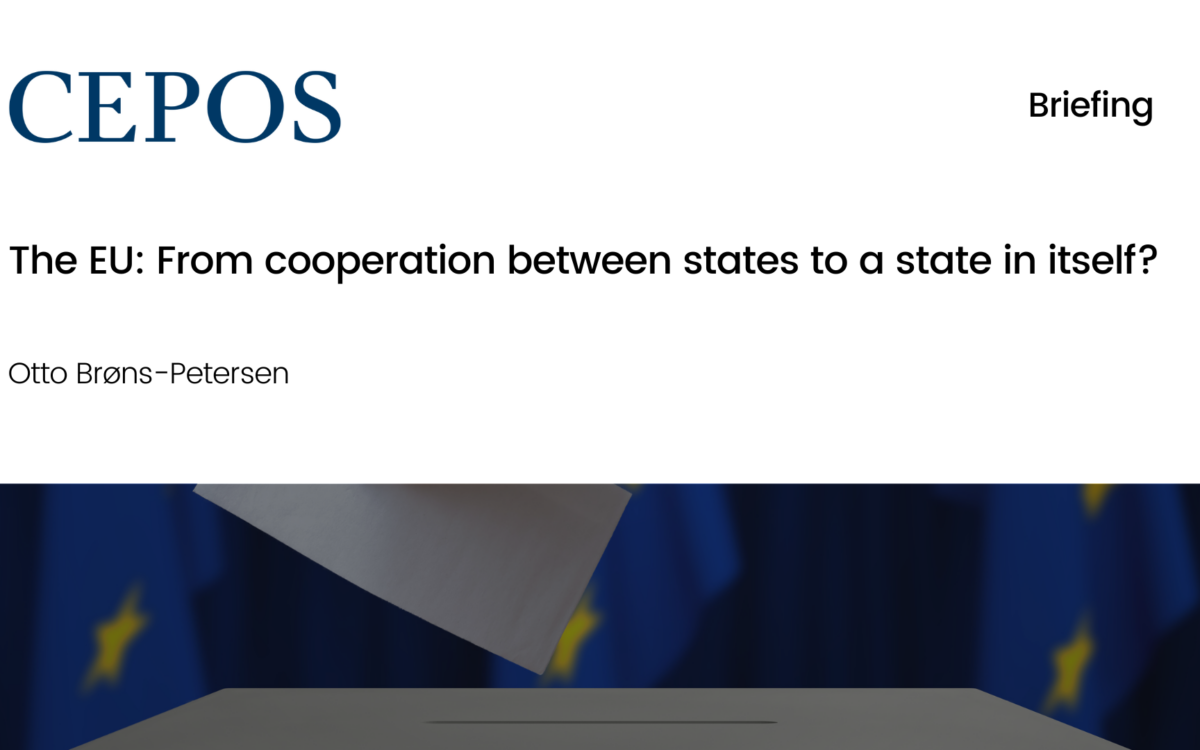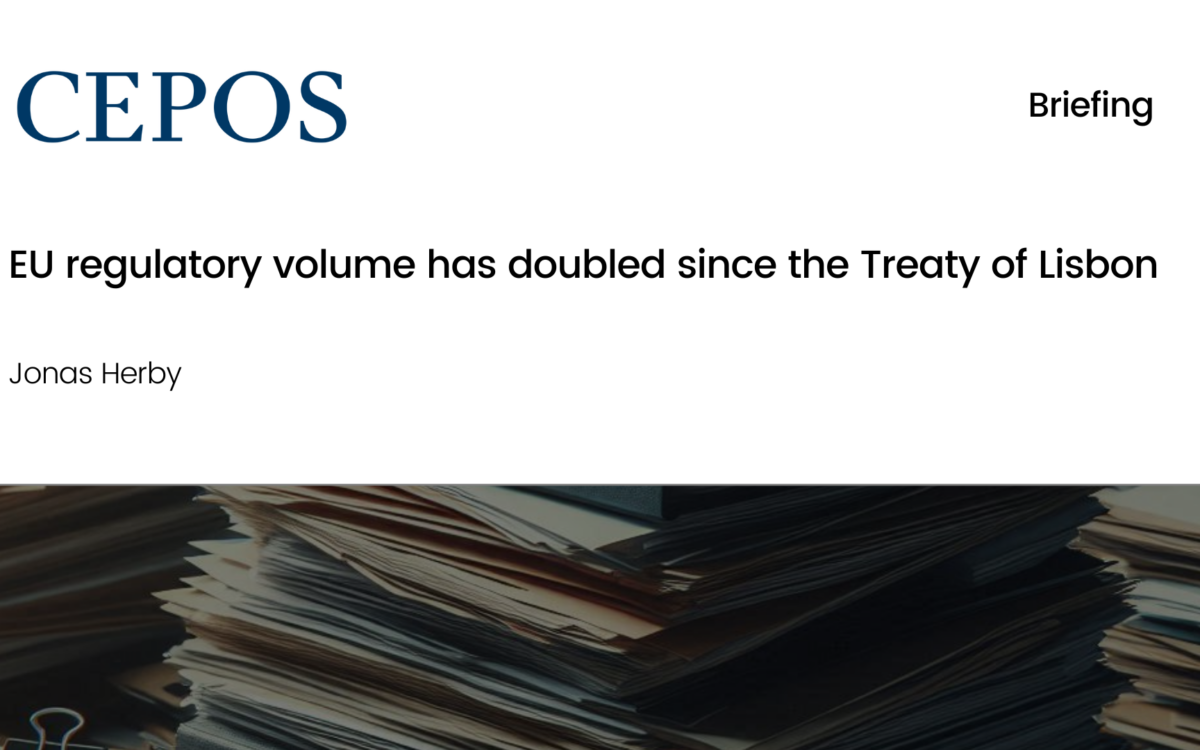Why the EU Needs the City Too
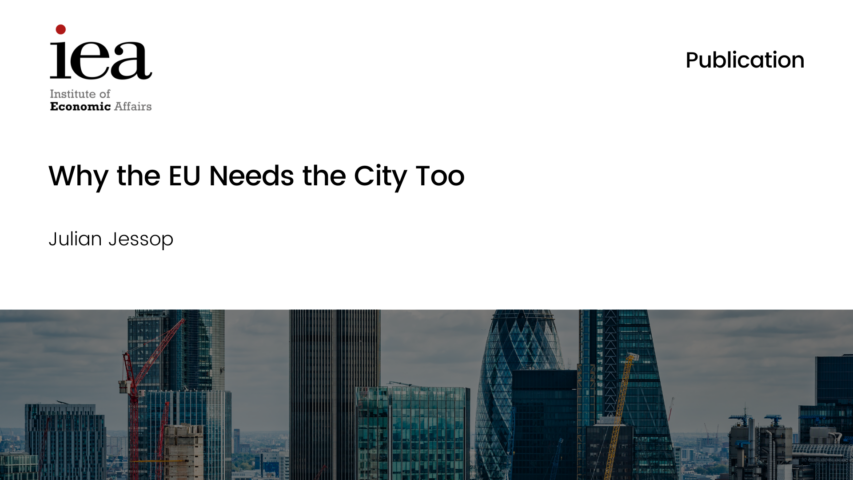
Why the EU Needs the City Too
7 June 2018
The UK might appear to have the most to lose from Brexit if City firms find it harder to sell financial services into the EU. But London has actually consolidated its position as the world’s leading financial centre since the vote to leave, helped by strong signals that the UK at least will keep its markets open. The EU should follow this lead.
The reality is that maintaining relatively free trade in financial services is in the best interest of both sides. EU businesses, consumers and governments would all face higher borrowing and transactions costs if local regulations deny easy access to the services that UK firms provide.
There is a danger of falling into a simplistic discussion of ‘passporting’ versus ‘equivalence’ or ‘mutual recognition’, when what matters are the general principles. But whatever the precise terms used, the UK and EU should continue to cooperate closely to provide the confidence that each other’s regulations are just as good as their own.
Download or share this publication
View the PDF
EPICENTER publications and contributions from our member think tanks are designed to promote the discussion of economic issues and the role of markets in solving economic and social problems. As with all EPICENTER publications, the views expressed here are those of the author and not EPICENTER or its member think tanks (which have no corporate view).
